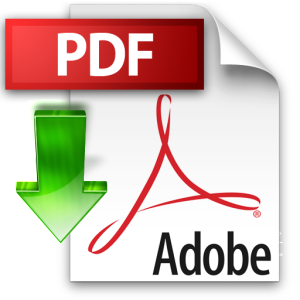By Jon H. Epsten, Esq.
Many board members believe that when an email is sent to the association’s attorney, it is automatically a “privileged communication” and therefore not admissible in a legal proceeding. That mistake has landed clients in hot water over comments which are not necessarily privileged and inadmissible.
If the predominate purpose of the communication is related to an attorney’s advice or opinions, the communication will most likely be protected and not admissible in a legal proceeding. However, if the email is a communication to the attorney and copied to other board members, but the primary purpose of the email is, by way of example, to tell all of the recipients the sender’s opinion of another person, it may very likely be discoverable. Think about this scenario, a board member and the association’s attorney are discussing a contract and in that communication the board member calls the vendor, a liar and a thief. After signing the contract, a dispute arises between the association and the contractor and the contractor subpoenas the board member’s emails. A court may not allow the legal advice about the contract in that email to be admitted into evidence, but may allow the board member’s (potentially defamatory) comments about the vendor to be admitted. Be mindful, this same type of partial admissibility might apply to executive session minutes, as to items discussed and noted in the minutes which are not properly the subject for an executive session.
Beware, too, of sending any emails to “reply to all.” Take the time to check the actual recipients. Don’t make the mistake and send a critical email, summarizing attorney advice, to an adverse party—by pressing: reply to all. Yes, this scenario really happens and it happens more frequently than you would expect.
Consider that most Board email communications concerning association business are severely limited by the requirement that normal business of the association is to be conducted only in noticed meetings, pursuant to a published agenda. While it is still permissible to receive (and send) emails to counsel, any discussion of the subject matter, by a majority of the board, of the email is supposed to take place in a meeting (most likely an executive session). While under limited circumstances, such as an arbitrary and urgent deadline, discussion via email can be proper, in many cases, it is not.
Remember too that the attorney-client privilege may be forfeited by including persons other than the attorney, the board, and in most cases management. Whatever privilege may have existed is likely lost when the email is sent to somebody not entitled to assert a privilege (e.g., neighbor, friend, vendor, roommate).
When a privileged communication is inadvertently sent to an opposing party, it must be immediately “clawed back” by the sender. A “claw back” means taking prompt, specified actions to notify the opposing party of the mistaken transmission. If you need to claw back an email, it is wise to discuss the process with legal counsel. Communications between board members are typically not privileged unless the attorney’s opinions or strategies are being shared. In that case, always copy the lawyer.
Before you hit “Send,” ask yourself, “How would this email look to a judge or jury, or to the media?” If you can see that the words might be problematic, or that the communication via email might violate the prohibition on communicating with board members via email in place of a duly-noticed meeting, DON’T hit “Send” but rather pick up the telephone and have a “conversation” with the proposed recipient.
Related articles of interest:
Email Policies for Community Associations

